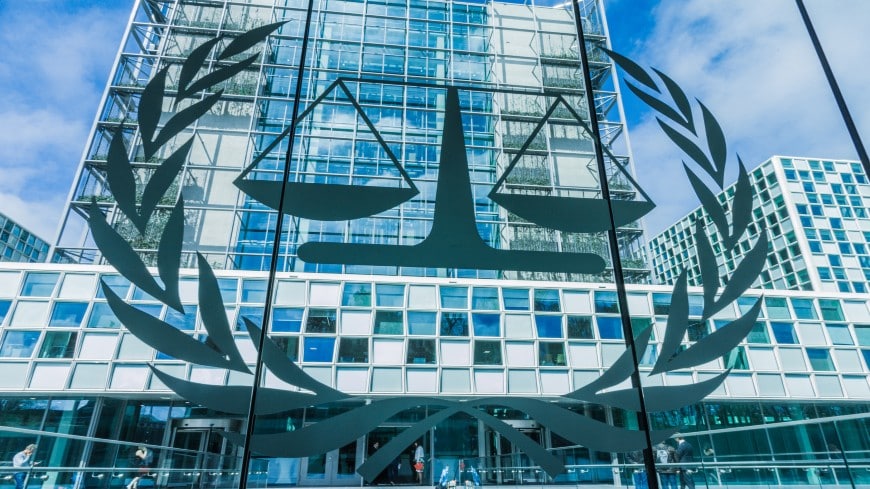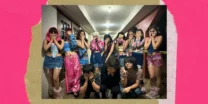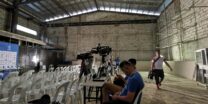INVESTIGATORS from the International Criminal Court (ICC) were reportedly in the Philippines last December to probe into the alleged abuses in former President Rodrigo Duterte’s war on drugs, triggering various reactions.
Former Senator Antonio Trillanes IV, a critic of Duterte, has stated that the former leader could soon be the subject of an arrest warrant as a result of the investigation.
The Department of Justice in the Philippines, however, said that it had not heard from anybody formally confirming the ICC’s presence in the country.
”Specifically, the DOJ has not received any advisory from the DFA (Department of Foreign Affairs) that the ICC has indeed entered the Philippines, a requirement that would trigger interdepartmental coordination concerning developments that go to the very core of our sovereignty and the primacy of our Constitution and our laws,” the DOJ said in a statement on Tuesday.
President Ferdinand Marcos Jr., meanwhile, reiterated that the Hague-based tribunal has no jurisdiction over the Philippines and that his government will not cooperate in its investigation.
”Let me say this for the 100th time. I do not recognize the jurisdiction of the ICC in the Philippines. I consider it a threat to our sovereignty. The Philippine government will not lift a finger to help any investigation that the ICC conducts,” Marcos said in a media interview in Quezon City on Tuesday.
Marcos said ICC personnel may visit the Philippines as ”ordinary people” but ”we’re making sure that they do not come into contact with any agency of government.”
”As a sovereign nation with a robust and functional justice system capable of addressing internal issues without external interference, the Philippine government has shown that it is ready, willing, and able to investigate and prosecute any crime committed within its territory,” the DOJ said.
Two complaints were filed before the ICC, one from the late lawyer Jude Sabio, who later dropped it, and the other from the families of those who were allegedly victims of the war on drugs.
The core of the inquiry is the allegation that during anti-drug campaigns that, according to government statistics, claimed the lives of at least 6,000 people, the Duterte administration engaged in crimes against humanity, which are subject to ICC investigation.
The ICC is also looking into claims of extrajudicial killings in Davao City from 2011 to 2016.
Shortly after the ICC announced the conduct of a preliminary examination into the allegations in 2018, Duterte withdrew the Philippines from the Rome Statute, the treaty that established the ICC.
The withdrawal became effective in March 2019.
Both Duterte and Marcos, his successor, have maintained that the ICC no longer has jurisdiction due to the withdrawal, but the ICC Prosecutor said that the tribunal still has the power to look into crimes that may have been committed between November 1, 2011, and March 16, 2019, when the Philippines was a state party to the Rome Statute.
Vice President Sara Duterte and Senator Ronald “Bato” Dela Rosa, Duterte’s police chief when the war on drugs began in 2016, also face complaints before the ICC.
Vice President Duterte, Dela Rosa, and Duterte all declared that they would address the allegations, but only in Philippine courts.
Should the case move to the trial stage at the ICC, the prosecution must prove beyond reasonable doubt the guilt of the accused.
“Judges consider all evidence, then issue a verdict, and, when there is a verdict of guilt, issue a sentence. The judges can sentence a person to up to 30 years of imprisonment and, under exceptional circumstances, a life sentence,” the ICC said.
Judges have the authority to mandate that the convicted party compensate the victims.
Since the ICC lacks a police force or other enforcement organization of its own, international cooperation is essential.
Verdicts can be appealed.








